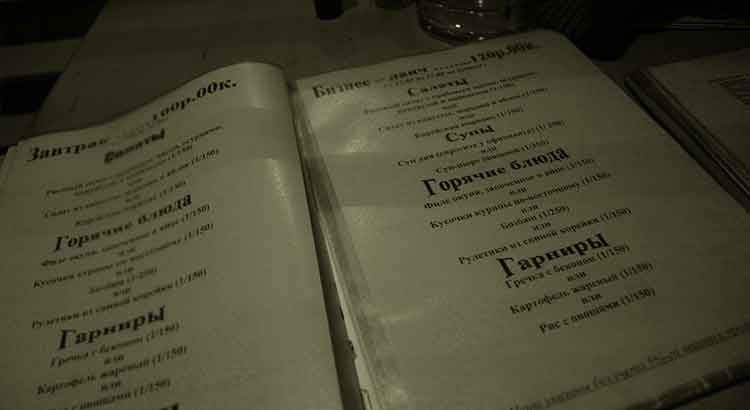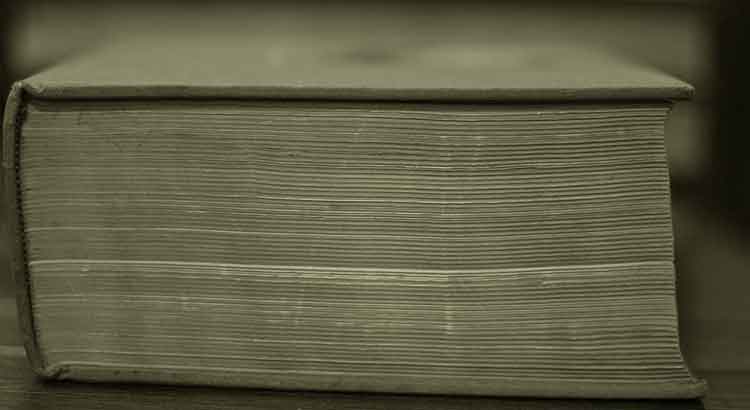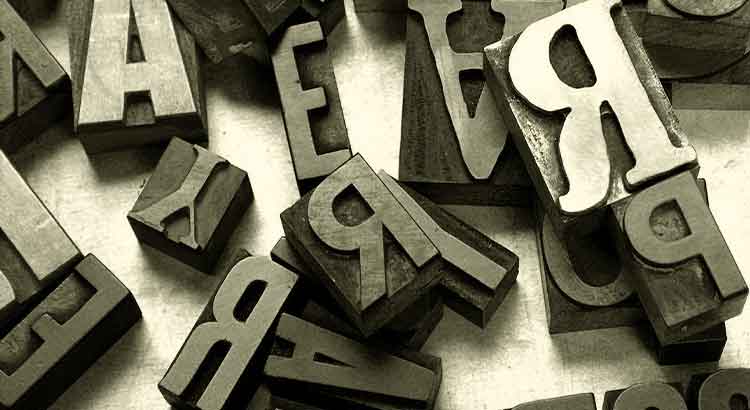I have the note ready, but I cannot write it yet… Oh, anxiety! Come, time! I can already imagine the pleasure, the joy in transcribing my frustration in these words: Russian is much, much easier than Latin! Reading Dostoevsky and Tolstoy in the original is fun compared to understanding Tacitus, Virgil, Ovid, etc., etc. Come on, time! I cannot wait for this publication! Just thinking about my Latin dictionary makes me want to tear it up, burn it, throw it away, eliminate it forever from my life. I can no longer stand this crutch, without which I cannot advance a paragraph in classical authors… And the Russian… what about the Russian? Let’s wait…
Tag: languages
Wonders of This Century
It is a real wonder to be able to find, in a few clicks, from the end of the world, audios in dead languages pronounced according to the original speech. I think about the study of languages in past centuries. It is inevitable to see myself as privileged. For a long time I read English without knowing the correct pronunciation: a crass and compromising error—and I only understood it when I started reading poetry. In poetry, if one does not know the pronunciation, one does not understand contractions that may occur, sometimes the metrics seem confusing and, above all, one ignores the sounding of the verses which, in many cases, is fundamental. In The Raven, for example, pronounce open the closed tonic “o” that repeats itself closing all the stanzas of the poem, and the frowning effect, the idea and the feeling suggested by the phoneme are gone. Nevermore, nevermore, nothing more, nothing more… Here we already have an “r” which, in the English pronunciation, prolongs and amplifies the preceding vowel. From this the obvious conclusion: to understand the expressiveness of great poets, it is indispensable to know the phonetics of the language in which they composed. And, in this respect, the reader of this century only sins by neglect.
Orthographic Reforms
Reflecting superficially on the orthographic reforms that the Portuguese language has gone through, the impression is that the language has become uglier, poorer, and sometimes confusing. It is always a pity for any language when “authorities” sit down to regulate it. It is as if the work of grammarians, who progressively record the mutations that the language undergoes, has no value whatsoever. The pattern, whose evolution is the work of centuries, is suddenly broken: time is scratched, and a “right” and a “wrong” are established, with the naive hope that a living language can be tamed by conventions… The result is something that sounds unnatural. The consolation is to know that, although abounding in defects, Portuguese is strong enough to overcome these deliriums and nonsenses…
Portuguese and English
Translating Portuguese into English is a task of destroying syntactic resources. The reverse operation, almost always an expressive annihilation. English into Portuguese is often terrible, and the opposite is more often than not dull. I began these notes willing to translate into English whatever I wrote: it did not take long for me to give up the enterprise and deliberate, on the contrary, not to translate anything, except these notes. We are now two years and tens of thousands of words translated, when this time would be better spent writing more lines in Portuguese. I wonder how much frustration and waste of time I would have faced had I followed the initial plan and translated the other books I published… Glory to God! Hence the doubt: do I avoid this veiled obligation or do I carry to the end what I have started?



